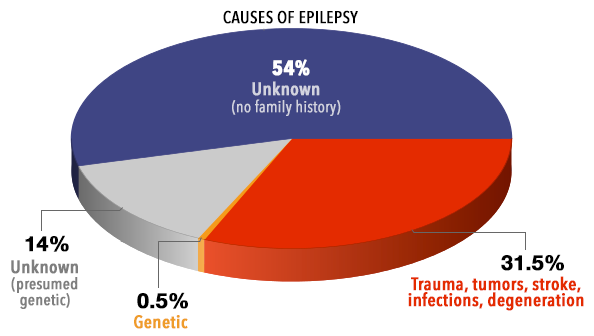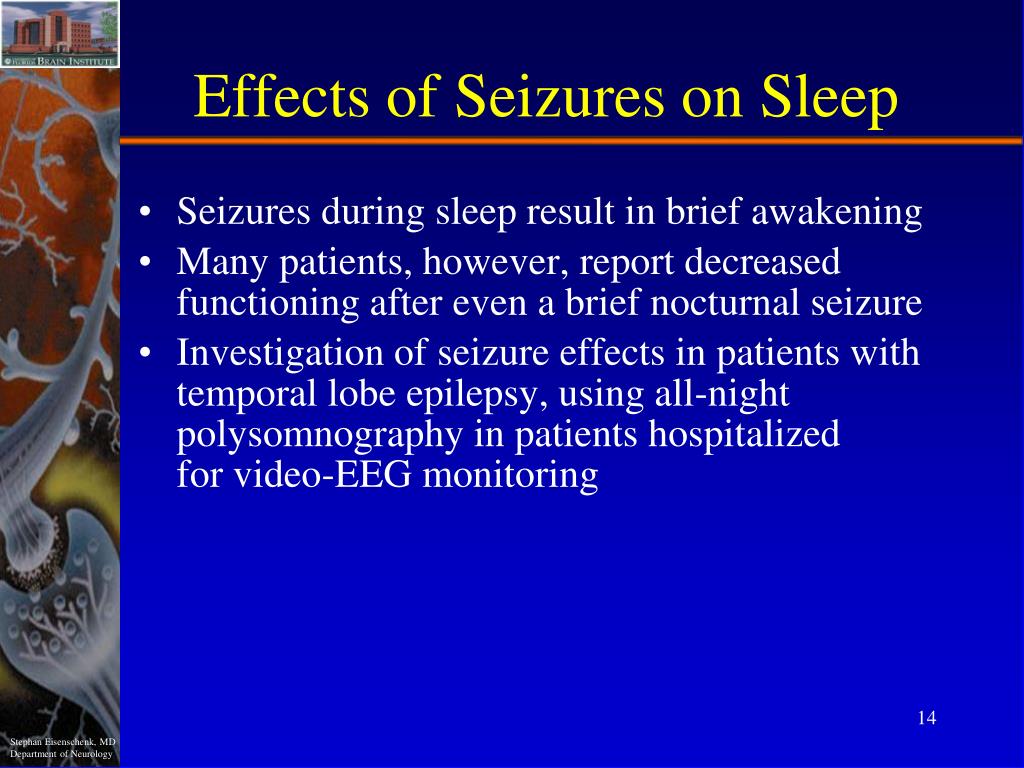

According to the Mayo Clinic, this occurs in 1 percent of epilepsy cases. It’s called sudden unexplained death in epilepsy (SUDEP). Being overweight can then increase your risk for other chronic health problems.įinally, there’s another possible complication, though relatively rare. Weight gain: Certain antiseizure medications can make weight loss and management more challenging.Status epilepticus is an especially dangerous epilepsy complication because it can cause permanent brain damage. You might have back-to-back seizures that might last for five minutes or longer at a time. Status epilepticus: This is a serious complication that’s a result of numerous, recurring seizures.The best way to prevent pregnancy-related complications is to plan ahead - talk to your doctor about your plans beforehand. Pregnancy issues: Pregnant women can’t take antiseizure medications because of possible birth defects, yet seizures can also pose dangers to babies.Inflammation of the liver: This is caused by antiseizure medications.Depending on the severity of the fall, broken bones and other serious injuries may be possible. Falls: You can also be at risk of falling if a seizure strikes while you’re walking or engaging in other activities while standing up.

There are treatments and therapies that can help. Talk to your doctor if you’re experiencing anxiety, depression, or suicidal thoughts. Some epilepsy medications can also cause side effects that can affect your emotional well-being. Emotional challenges: Epilepsy can be emotionally overwhelming.Drownings can happen while swimming or bathing. Drowning: The Mayo Clinic estimates that people with epilepsy are up to 19 times more likely to drown than people who don’t have the disorder.If you have chronic seizures, you might consider another method of travel, such as having a friend or loved one drive for you. Automobile accidents: A seizure could happen at any time - even when you’re on the road.Developing epilepsy before the age of 12 increases this positive outcome.Ĭommon complications from epilepsy may include: The outlook tends to be better for people who develop epilepsy as children - there’s a chance they might outgrow it as they age. Early childhood and older adulthood tend to be the most common life stages. This mostly occurs if you’ve been seizure-free for at least two years.Įpilepsy can develop at any age. Some people eventually stop taking antiseizure medications. In turn, this helps to also minimize risk factors and complications related to epilepsy. Antiseizure medication, when taken on a regular basis, can help control activity in the brain that leads to epileptic seizures. Treatment is one of the most important factors that affect your overall epilepsy prognosis. You can help minimize this risk factor by adopting heart-healthy lifestyle habits, such as regular exercise and a low-fat/low-sodium diet.

In turn, this can lead to more seizures and subsequent brain damage. Vascular disorders: Heart disease, stroke, and other vascular disorders can adversely affect your brain.



 0 kommentar(er)
0 kommentar(er)
